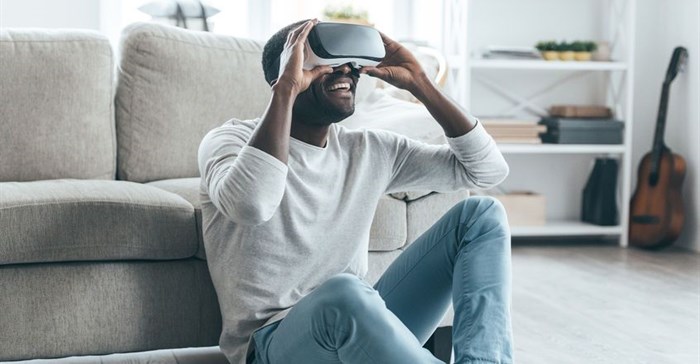The narration is familiar - a new shiny breakthrough in tech is announced, ink spill in its honour, and criticism and opinion pieces fly around. Early adopters rush in to lay their hands on it, and in a few months, the circus is dead, inks are scribbling new praises, tech podcasts are singing new songs.
With this piece, we attempt to analyse virtual reality (VR) technology, its value to the hospitality industry, and also assess the chances of it being anything more than a bogus apparatus you strap to your head. Will VR be relevant in hospitality decades from now, or is it just a shiny fad?
Since the mid-1930s, various contributing technologies have evolved to create what we now know as virtual reality. Investments in the technology by corporations such as Facebook and Samsung have lent to its popularity, with Google’s cheap cardboard solutions making it more accessible.
Historically, the hospitality industry has been a testing ground and early adopter of a lot of new technologies. Hospitality brands keep pushing the frontiers of marketing and customer satisfaction with technology, and with VR, it is no different.
Existing VR applications in hospitality
The three major drivers of the adoption of VR technology by the sector are competition, heightened customer expectations, and improving marketing strategies. Already, VR adoption by hospitality’s big brands dots the entire sector’s landscape from flight carriers, hotels, to fancy restaurants that simulate exotic culinary experiences for their clients. A few of these applications are highlighted;
Shared travel experiences: Marriott International, a world-class hotel brand carried out a beta test for shared travel experiences in a couple of their hotels. Users wore VR headsets and viewed a traveller’s documented journeys and commentaries in 3D and 360-degree views. When it goes mainstream, this application will help to show the potential of viewing other people’s travel experiences and participating in them from a safe environment. Tomorrow, just about anyone may take leaps from the canyon mountains or surf the dangerous waves of Oahu from the comfort of their couches.
Virtual travel bookings: Amadeus, a travel reservation service provider developed a virtual reality travel booking experience. The innovation will allow users search through flight options, review cabins, compare options and make bookings - all through virtual reality devices. It is easy to see how this innovation can be extended to hotel and property booking websites too.
Projected VR applications in hospitality
As ambitious as the hospitality sector is as a whole, they have only scratched the service of virtual reality applications. It is, therefore, a safe and logical assumption to anticipate that more creative and impactful VR applications emerge in the future. Here, we take a look at a few experimental or purely projected applications:
Simulated travel experiences: One can anticipate that soon, users will be able to subscribe to solo or guided virtual travel experiences. Options will vary from adrenaline-charged adventures to regular city promenades, mountain biking in Morocco’s Mt Toubkal or a walk in Barcelona’s Park Güell. This service could also be expanded to include virtual reconstruction of extinct, destroyed or damaged historical sites and artifacts from around the world, a tour of an undamaged Colosseum for instance. Paid simulated trips could have a cost, time and safety advantage over traditional travelling, making it a popular choice.
Real-time navigation: Imagine that you are visiting Lagos in Nigeria for the first time and that you want to experience the beating pulse of the city, untethered, and without a guide. Imagine that you only strap on nondescript eyewear, input your preferred destination and rea- time direction instructions are overlaid on the sights before you. This application could help reduce the interference of technology and relegate it to a background where we almost forget it’s there, aiding us to focus on living in the now instead. This technology would be augmented reality (AR), the superimposition of virtual images on a user's view of the real world which is an extension of VR technology.
Marketing opportunities for hospitality brands: Hospitality brands are typically big marketing spenders. There is often a lot of competition and hence the need to outperform competitors. The real estate (walls or projected platforms) that virtual reality experiences create are a perfect platform for targeted ad placements that hospitality brands could take advantage of. One expects that soon, VR games and experiences, in general, will host ads that brands will pay for. There's a 'chicken and egg problem' that VR marketing might face, however - one of low available VR content owing to low marketing spend to fund it, and low marketing spend as a result of low available content.
The verdict
Virtual reality technology has far too many practical possible applications, investments from big corporations and such a big presence in pop culture that it is expected to survive a fad’s average life span and transcend into a truly remarkable piece of practical technology in the hospitality space.
There is the argument that VR and AR could rob us of the joys of space and true exploration, but like most technology, the market will decide what it wants - realness or comfort, ease, and immediacy.









































